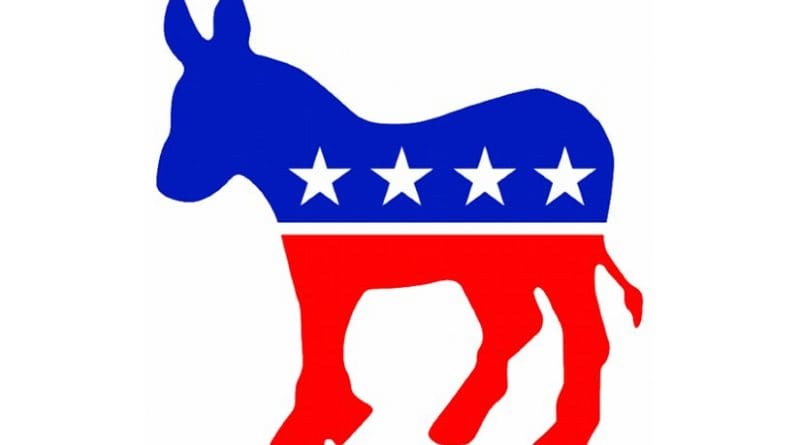John Wolfe Jr. And The Democratic Party – OpEd
What [Obama] did was he brought in people who caused the crisis and made them his closest advisers: Rahm Emanuel, Bill Daley, Jack Lew. He basically institutionalised failure.’ — John Wolfe Jr. ABC News, May 22, 2012
The assumption that a candidate has won it all before the final cast of the ballot is always a dangerous precedent to follow. Politically speaking, it is foolish. Not much will be known outside the United States of John Wolfe Jr., a Democratic presidential candidate who is running against President Barack Obama from within his own party. Within the citadel of manufactured hope, dissent is frothing away.
Wolfe, a lawyer from Tennessee, promotes himself through a modestly designed website as a man of ‘peace and prosperity, not war and austerity’. In a statement published on the site from January this year, he claims, that ‘Barack Obama’s leadership has been shaped too much by the office and too little by the ideas that got him there.’ Big change simply became small change – and less. Failure was institutionalised – getting the same cleaners who created the financial mess was one such example.
His observations are certainly accurate, in so far as he is getting at Obama’s record on matters Wall Street, defence related and the corporate context. Wolfe also pays a respectful nod to the Occupy Movement, a result of ‘the overwhelming inequality that exists between the excesses of Wall Street and the average taxpayer – a gap of both wealth and ethics that we have come to accept as a necessary evil.’ Such is America’s most pronounced vice: the acceptance of inequality.
Only recently, Wolfe netted 42 percent of the Arkansas primary vote, a state that has not been carried by the Democrats since 1996. He is subsequently suing the state party in the Arkansas federal district court arguing that they made an effort to ‘tamp down voter enthusiasm’ with the claim he was ineligible to win convention delegates, then subsequently withholding his fair share. As a result, Wolfe argues that 67,604 Arkansas voters were disenfranchised.
Why the fuss? Surely, argue the orthodox following, Obama has it in the bag? He did, after all, receive 58 percent of the vote in that specific primary, and is bound to be nominated at the national convention in September. This, however, ignores other aspects of recent voting: the performance of federal inmate Keith Judd in the West Virginia Democratic primary, who received 41 percent of the vote; or the uncommitted numbers in Kentucky (42 percent in all). What we have instead is a typical party strategy masquerading as unity: vote for Obama. If you don’t, it won’t really matter, because the political duopoly in Presidential elections is entrenched.
Political pundits may happily dismiss such figures as the murmurings of a protest vote that would not go much beyond that. Disenfranchisement has been a feature of American voting for decades, a combination of self-inflicted impotence and institutional effort.
For all of that, the party apparatchiks should have reason to be concerned, which is probably why they have done their level best to discredit Wolfe as a damp squib, a comic sideshow. He has, however, been serious enough to be rendered ‘ineligible’ for delegates because of a failure to file appropriate paperwork – a fate he has met not only in Arkansas but in Louisiana. Judd has been dished out the same treatment by the West Virginia Democratic Party.
Wolfe might be playing a spoiler role, but he is also proving something of a bellwether measure. Voters in an assortment of southern states have not been bowled over by the president’s performance during his term in office, and the President is bound to suffer losses. The question will be how significant they are in the overall standing. Should Romney moderate his tone after his impending nomination, powdering and deodorising the more extreme aspects of the GOP as it stands, he may well pose a far greater threat.

